
For a new Culture on the Edge series “You Are What You Read” we’re asking each member to answer a series of questions about books—either academic or non-academic—that have been important or influential on us.
1. Name a book you read early on that shaped the trajectory of your career.
I’d have to say that is w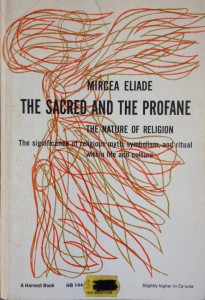 as The Sacred and the Profane by Mircea Eliade—in fact, I have my old 1959 Harcourt Brace & World softcover edition in front of me as I write this. I think I’ve written briefly on this somewhere before, but it was the book that was suggested to me by Neil McMullin, at the University of Toronto, and the person who became my doctoral supervisor, as a book I should go look at to see if I could make the case I wanted to make in what was then emerging as my dissertation topic. “Coz if you can’t make it there…,” I recall him saying, perhaps in some vague reference to Sinatra’s “New York, New York.” For by that point in my graduate studies I had moved from an early interest in the philosophy of religion (yes, I was taking courses on Kant’s first critique, Aristotle’s Metaphysics, courses on a several of Plato’s dialogues, etc.) to an interest not in religion but in how it was studied. It took me some time to eventually move on to being interested in the implications of using the category, however it was defined, so back then my interest was in the problems associated with defining it by reference to some special status held by the objects or sentiments so named. Like all of us, I eventually became so focused on that project, as it developed and then as it was rewritten and published as my first book, that it is difficult now to remember what I thought my project was back then—back in 1990 when I bought this edition in a used bookstore (or so my inscription in the front of the book tells me today); but in the marginalia I find in that book—such as my “Why?” scribbled beside his claim that “Religious man thirsts for the real” (p. 80) or “essence of religion,” circled with “Eliade” written beside it in the book’s concluding sentence:
as The Sacred and the Profane by Mircea Eliade—in fact, I have my old 1959 Harcourt Brace & World softcover edition in front of me as I write this. I think I’ve written briefly on this somewhere before, but it was the book that was suggested to me by Neil McMullin, at the University of Toronto, and the person who became my doctoral supervisor, as a book I should go look at to see if I could make the case I wanted to make in what was then emerging as my dissertation topic. “Coz if you can’t make it there…,” I recall him saying, perhaps in some vague reference to Sinatra’s “New York, New York.” For by that point in my graduate studies I had moved from an early interest in the philosophy of religion (yes, I was taking courses on Kant’s first critique, Aristotle’s Metaphysics, courses on a several of Plato’s dialogues, etc.) to an interest not in religion but in how it was studied. It took me some time to eventually move on to being interested in the implications of using the category, however it was defined, so back then my interest was in the problems associated with defining it by reference to some special status held by the objects or sentiments so named. Like all of us, I eventually became so focused on that project, as it developed and then as it was rewritten and published as my first book, that it is difficult now to remember what I thought my project was back then—back in 1990 when I bought this edition in a used bookstore (or so my inscription in the front of the book tells me today); but in the marginalia I find in that book—such as my “Why?” scribbled beside his claim that “Religious man thirsts for the real” (p. 80) or “essence of religion,” circled with “Eliade” written beside it in the book’s concluding sentence:
The former seek to understand the essence of religion, the latter to discover and communicate its history.
—I see traces of an earlier self working out an idea, applied first to that specific book, that went in directions that writer surely couldn’t have imagined. But it‘s kind of fun now to page through it and see, beside Eliade’s claim that “The cosmic structure of these objects is obvious,” that younger hand having written: “nothing, when it comes to symbolism, is obvious!”
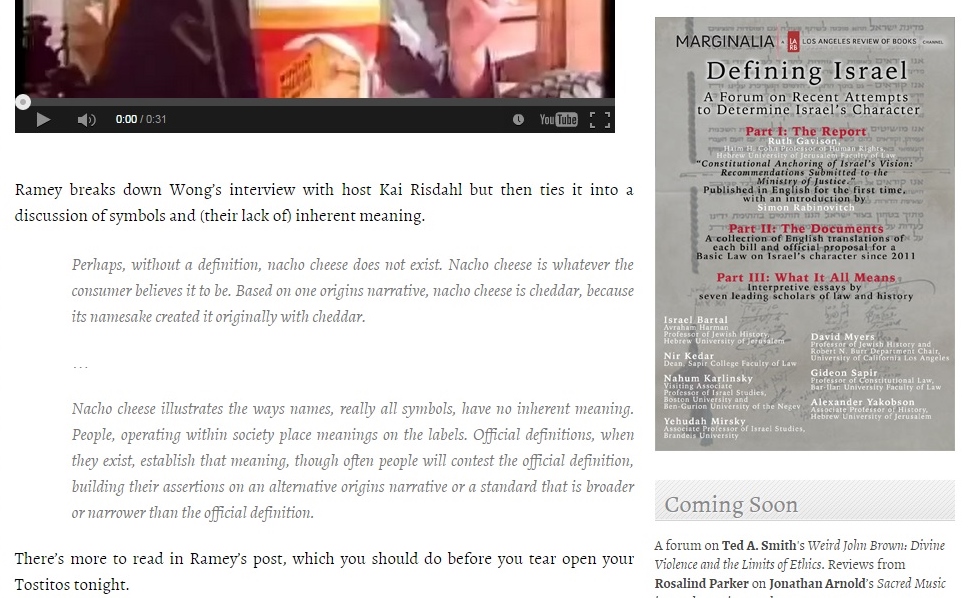 “Israel,” like “nacho cheese,” is a floating signifier subjected to ongoing recreation and contestation. In fact, the quotation from Steven’s post would be just as true if we swapped the terms: Continue reading “Israel Is Nacho Cheese, Or Why You Should Study Religion”
“Israel,” like “nacho cheese,” is a floating signifier subjected to ongoing recreation and contestation. In fact, the quotation from Steven’s post would be just as true if we swapped the terms: Continue reading “Israel Is Nacho Cheese, Or Why You Should Study Religion”
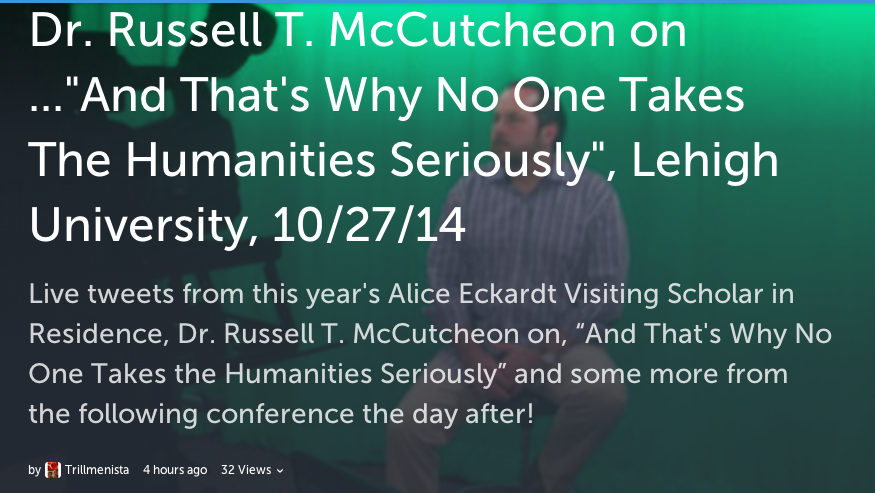
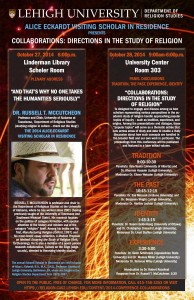

 as
as 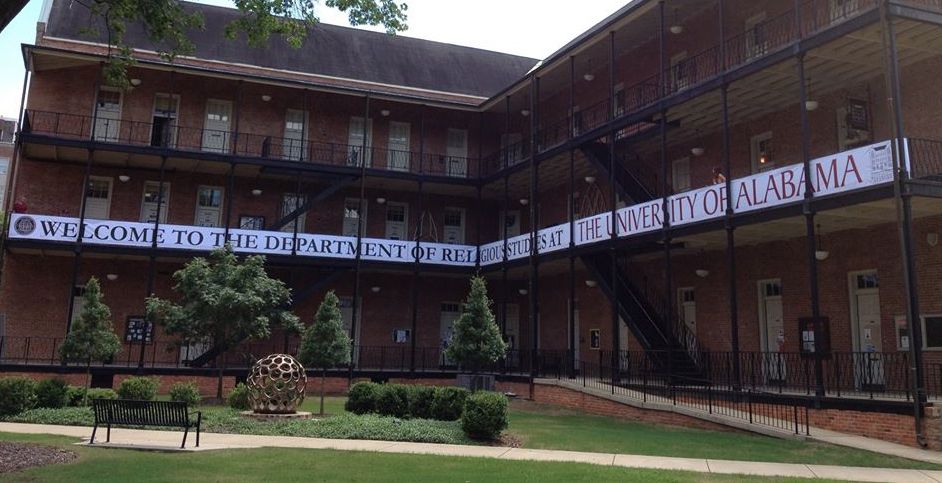 This month, I had the honor and privilege of delivering the endowed inaugural
This month, I had the honor and privilege of delivering the endowed inaugural 